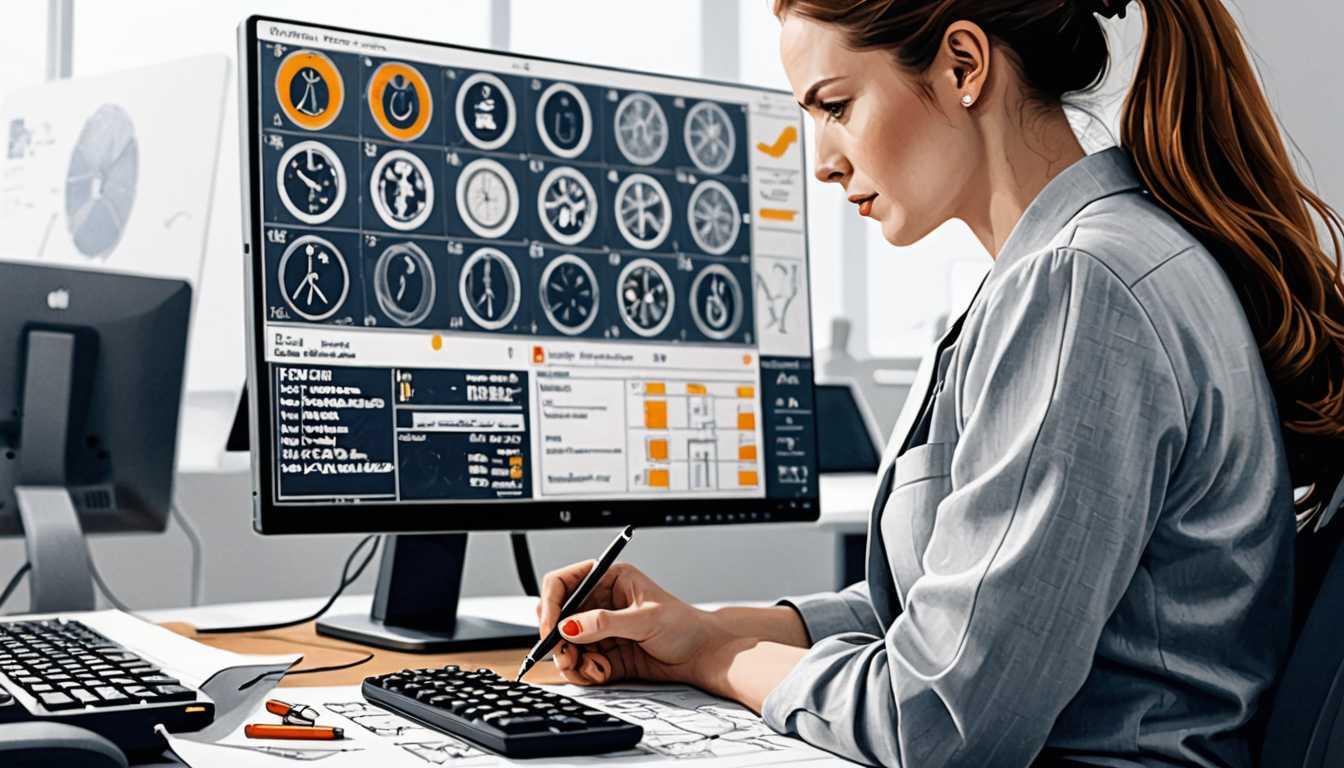Robots: The Future Helpers in ERs
June 2024
Cornell News Highlights
Introduction
Ever wonder how robots could change the chaotic world of emergency rooms? A team from Cornell and Michigan State University has developed a prototype crash cart robot that might just lend a helping hand to health care workers! This study dives into how robots can boost clinical teamwork, even in high-pressure situations. So, if you're curious about the future of robotics in healthcare, check out the article from Cornell News Highlights and join the conversation about tech saving lives!
READ FULL ARTICLEWhy It Matters
Discover how this topic shapes your world and future
Navigating the Future of Health Care with Robots
Imagine walking into a busy emergency room where every second counts. In this fast-paced environment, teamwork is crucial, and researchers are discovering that robots can play an essential role in supporting healthcare workers. The study from Cornell and Michigan State University highlights a fascinating intersection of technology and medicine, suggesting that robots can enhance clinical teamwork and bedside care. This is significant not just for hospitals but also for the global healthcare system, where efficiency and accuracy can save lives. As future innovators, you might find yourself at the forefront of these developments, shaping the way healthcare operates and improving patient experiences around the world!
Speak like a Scholar
Robotics
The branch of technology that deals with the design, construction, and operation of robots. Think of it as creating machines that can assist or replace humans in certain tasks!
Autonomous
A term used to describe systems or machines that can operate independently without human intervention. Imagine a self-driving car—it's making decisions on its own!
Prototype
An early model or version of a product that is used to test and evaluate its feasibility. In this case, it’s a robot designed to assist in emergency rooms!
Clinical Teamwork
The collaboration among healthcare professionals working together to provide the best patient care. It’s like a sports team, where everyone plays a vital role!
Mechanism
The process or technique by which something operates. In robotics, it refers to how a robot can effectively help in a particular situation.
Human-Robot Interaction
The study of how people and robots communicate and work together. It’s all about making sure both parties understand each other to achieve their goals!
Independent Research Ideas
The Evolution of Medical Robots
Investigate how robots have changed over the years in healthcare and their potential future roles. This exploration can reveal fascinating advancements that could transform patient care!
Emotional Intelligence in Healthcare Teams
Examine the importance of emotional intelligence among healthcare workers and how robots might support or enhance these human interactions. Understanding emotions could help improve teamwork!
Robots in High-Stress Environments
Research the unique challenges and benefits of using robots in high-pressure situations like emergency rooms, and analyze how they can improve outcomes. This could lead to groundbreaking discoveries in healthcare!
The Ethics of Robotic Assistance in Medicine
Delve into the ethical implications of using robots in patient care, including privacy concerns and decision-making processes. Unpacking these issues can spark important discussions about technology in society!
Designing User-Friendly Robots for Healthcare
Explore principles of design that make robots effective and easy to use for healthcare workers, focusing on collaboration and practicality. This could inspire innovative designs that improve healthcare efficiency!
Related Articles

Cuddly Robots: A New Era in Care
May 2024
MIT Technology Review

Exploring the Mysteries of the Mind
May 2024
Caltech - Research News

Stay Awake: The Future of Earbuds
August 2024
UC Berkeley

Tech Transforms Cerebral Palsy Care
September 2023
Massachusetts Institute of Technology (MIT)

AI: Healthcare's Double-Edged Sword
August 2023
Stanford University